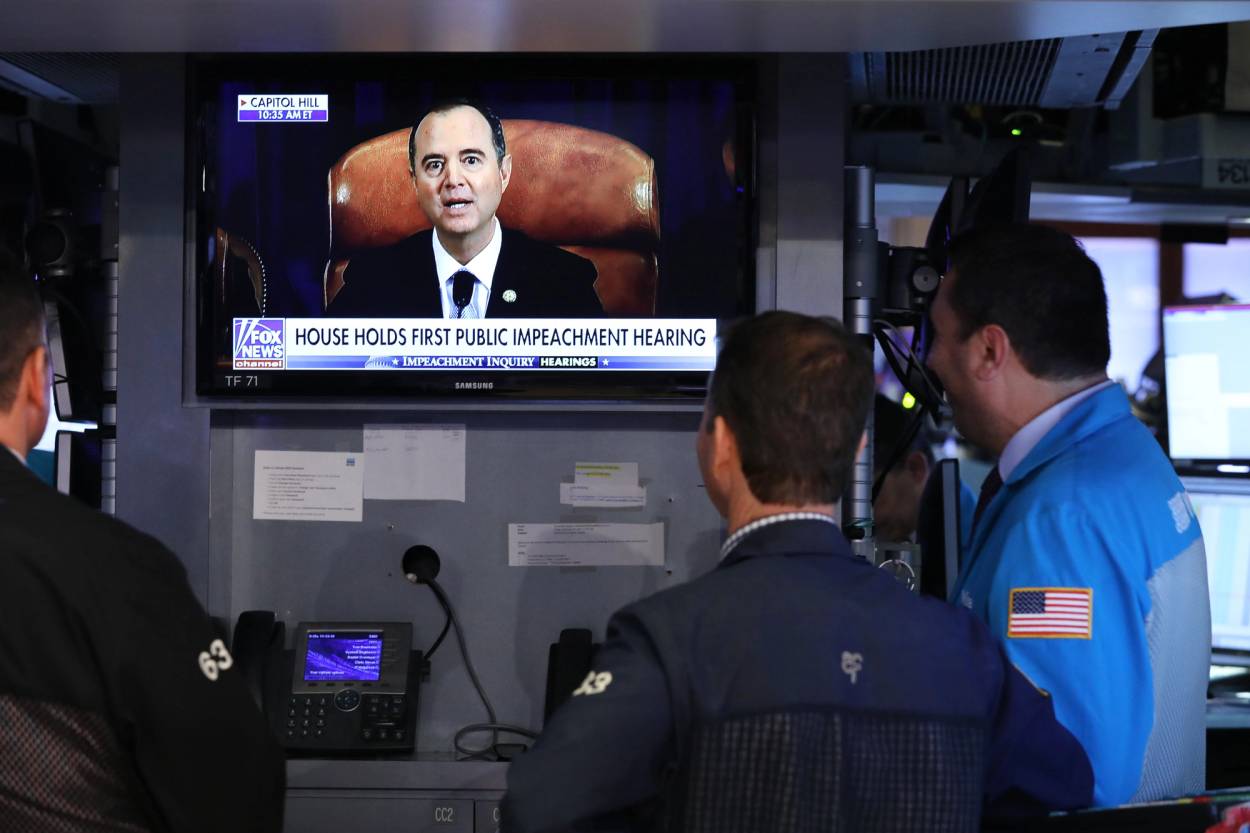 Strona tytułowa magazynu Al-Kaidy Ummah Wahidah („Jeden naród”) z 10 września 2022 r., / przedstawiająca następstwa ataku na Pentagon z 11 września.
Strona tytułowa magazynu Al-Kaidy Ummah Wahidah („Jeden naród”) z 10 września 2022 r., / przedstawiająca następstwa ataku na Pentagon z 11 września.
 22 lata od 9/11 i napięcie wciąż narasta – dżihadyści czekają na kolejną szansę
22 lata od 9/11 i napięcie wciąż narasta – dżihadyści czekają na kolejną szansę
Steven Stalinsky
Mniej więcej co kilka tygodni pojawia się więcej wiadomości o aresztowaniach, procesach i wyrokach skazujących powiązanych z Al-Kaidą i ISIS w USA – na przykład w Massachusetts, Michigan, Minnesocie, Indianie, Florydzie, Teksasie i Oregonie oraz za granicą, w Wielkiej Brytanii, Austrii, Hiszpanii, innych częściach Europy i Australii. W jednej z bardziej niepokojących spraw 14 sierpnia aresztowano 17-latka z Pensylwanii, któremu postawiono zarzuty m.in. o planowanie ataku terrorystycznego z użyciem broni masowego rażenia. Wspólna Grupa Zadaniowa ds. Terroryzmu FBI stwierdziła, że gdyby mu się udało, mogłoby to być „katastrofalne”.
Ci dżihadyści, których ataki zakończyły się sukcesem, musieli zadowolić się atakami na małą skalę i o ograniczonym skutku. Ale nie wynika to z braku prób ani chęci przeprowadzenia masowego ataku o jeszcze większym zasięgu niż 11 września. Aby uczcić zeszłoroczną rocznicę 11 września, Al-Kaida opublikowała 270-stronicową książkę, której autorem jest zmarły zastępca przywódcy grupy Abu Muhammad Al-Masri, która podkreśla potrzebę zdobycia i użycia broni nuklearnej.
Jedyną rzeczą, którą mają dżihadyści, a której my nie mamy, jest cierpliwość. Dwadzieścia dwa lata to nic w historii dżihadu, a oni mówią to Zachodowi od dziesięcioleci. Jeden z dowódców Al-Kaidy najbliższych bin Ladenowi, Abu Salma Al-Hijazi, obiecał w wywiadzie dla islamistycznego forum internetowego Al-Qal’a („Twierdza”) w 2003 r., że „jesteśmy cierpliwi. Nasza cierpliwość zakończy się dopiero upadkiem Ameryki.” Dowódca Al-Kaidy w Iraku, Abu Mus’ab Al-Zarqawi, w lutym 2005 roku wezwał swoich zwolenników do cierpliwości, ponieważ Allah obiecał zwycięstwo nad amerykańskim „tyranem”. W wywiadzie z maja 2007 r . opublikowanym na stronach internetowych dżihadu zastępca przywódcy Al-Kaidy w tamtym czasie szejk Mustafa Abu Jazid radził swoim wyznawcom, aby „byli cierpliwi i wytrwali na ścieżce [dżihadu], bez względu na trudności…”
Co więcej, agent Al-Kaidy Abu Talha „Niemiec”, powiedział na islamistycznym forum Al-Faludża w styczniu 2009 roku: „Mudżahedin to jedyny pojazd, który nie może się cofać… Jest cierpliwy”. Niedawno w czasopiśmie Al-Kaidy z okazji ubiegłorocznej rocznicy 11 września podkreślono: „Jeśli chodzi o Amerykę, mudżahedini zauważają waszą słabość i amerykańscy przywódcy dobrze to dostrzegają. Nasza walka jest bardzo długa i nie brakuje nam cierpliwości… Zwycięstwo to cierpliwość…”
Kanadyjski magazyn informacyjny Macleans pokazał w migawce rozumienie czasu przez dżihadystów we wrześniu 2017 r.: podczas wojny w Afganistanie, wiele lat przed wycofaniem się Stanów Zjednoczonych z Afganistanu, talibski dowódca, który widział, jak jego siły przegrywają bitwę za bitwą, mimo to powiedział Rickowi Hillierowi, ówczesnemu szefowi sztabu obrony Kanady: „Wy macie zegarki, ale my mamy czas”. Zatem model talibów służy jako przykład do naśladowania dla globalnego ruchu dżihadu.
Z każdą rocznicą mijającą od 2001 roku coraz więcej Amerykanów zapomina o głębokim wpływie ataków. Czytamy nazwiska ofiar i co roku obserwujemy medialne obchody tego dnia – tak jak dżihadyści upamiętniają to na swój własny sposób. Na swoich stronach internetowych rozpowszechniają zdjęcia i filmy z ataków, świętują je i publikują pochwały dla nich i planistów.
Wiodący magazyn kobiecy Al-Kaidy opisał, jak świat dżihadu obchodzi rocznicę 11 września: „Dzisiaj w roku 2022 w dalszym ciągu z wielką dumą rozmawiamy o atakach z 11 września i aktach odwagi dokonanych przez naszych 19 odważnych [porywaczy] braci”. I dalej: „Nasze dzieci powinny pamiętać tę chwalebną datę, a nasze kobiety powinny o niej uczyć dzieci. Należy tego uczyć w każdej szkole. Wszyscy muzułmanie powinni być z tego dumni…”
Właśnie w tym tygodniu autor popierający ISIS zamieścił w Internecie zdjęcie kokpitu Boeinga 737, szczegółowo opisując każdy element w kokpicie, pisząc „na wszelki wypadek Ikhwan”, nawiązując do ataku z 11 września. Gdyby nie niestrudzone wysiłki funkcjonariuszy zajmujących się zwalczaniem terroryzmu, podejmowane każdego dnia przez ostatnie 22 lata, na całym świecie doszłoby do dziesiątek śmiertelnych ataków. Jeśli jednak ich wysiłki ustaną choćby na minutę, grupy terrorystyczne w USA i na całym świecie będą gotowe do ataku.
*Steven Stalinsky jest dyrektorem wykonawczym MEMRI
Zawartość publikowanych artykułów i materiałów nie reprezentuje poglądów ani opinii Reunion’68,
ani też webmastera Blogu Reunion’68, chyba ze jest to wyraźnie zaznaczone.
Twoje uwagi, linki, własne artykuły lub wiadomości prześlij na adres:
webmaster@reunion68.com




